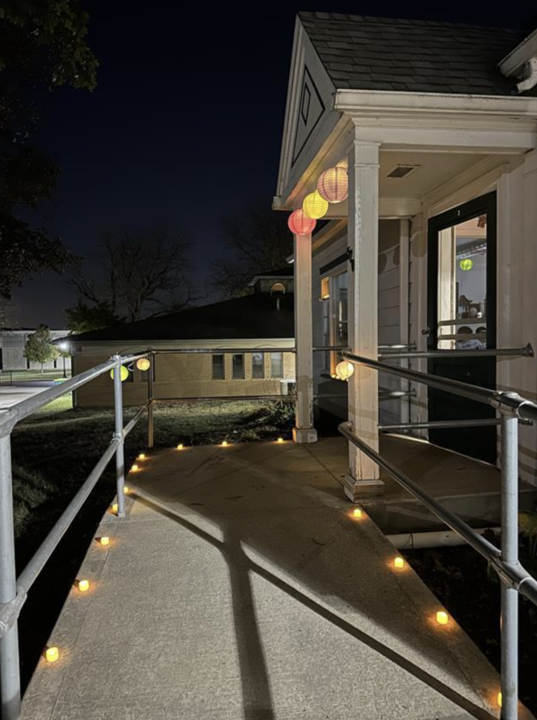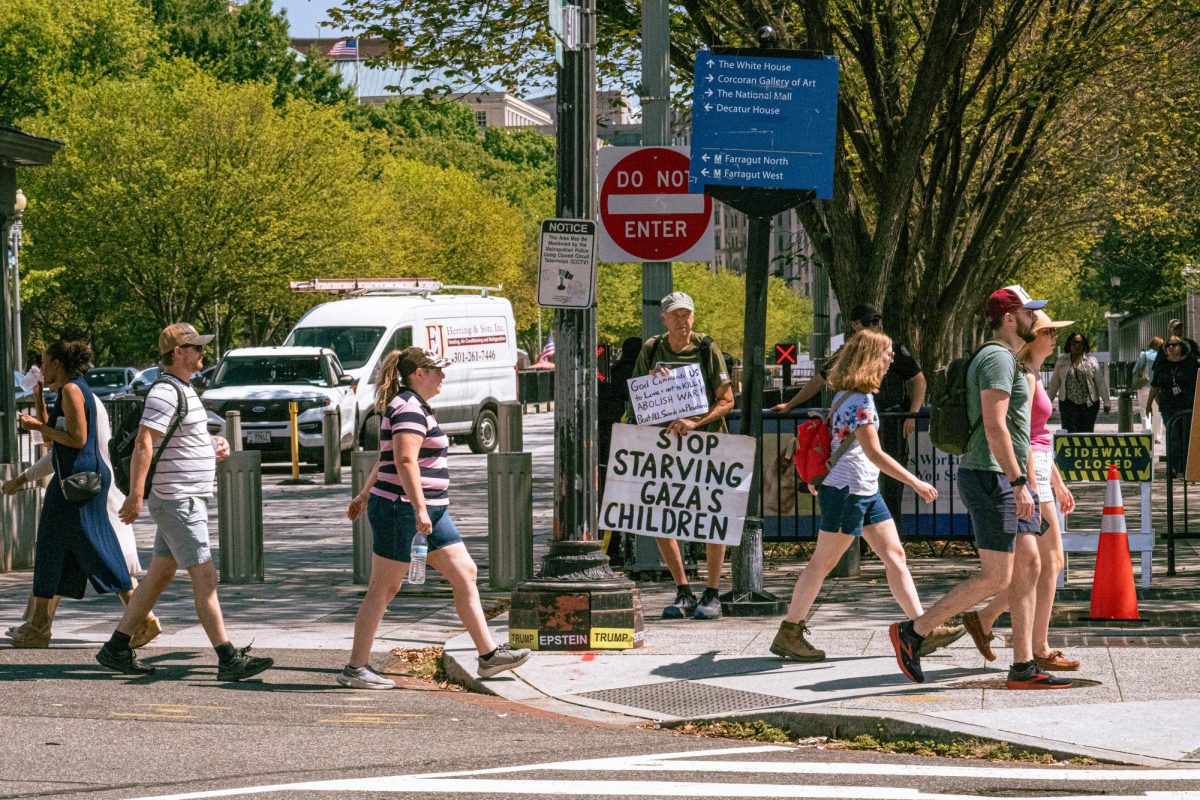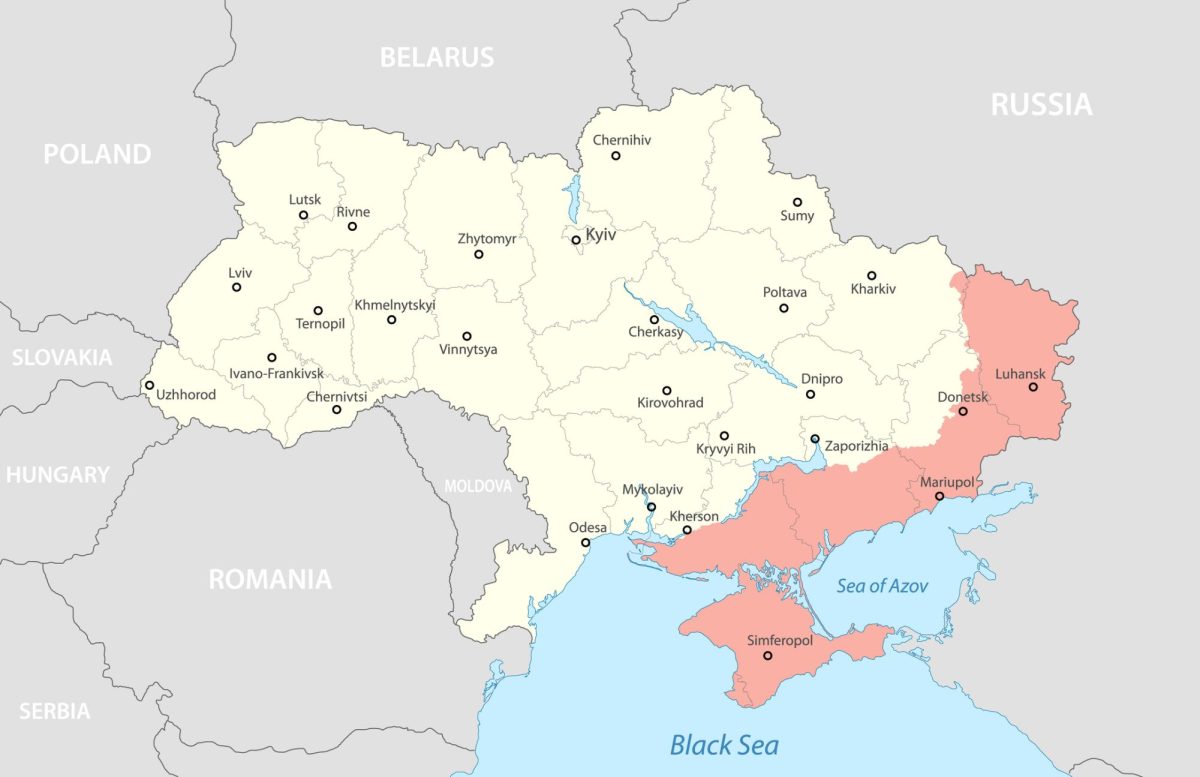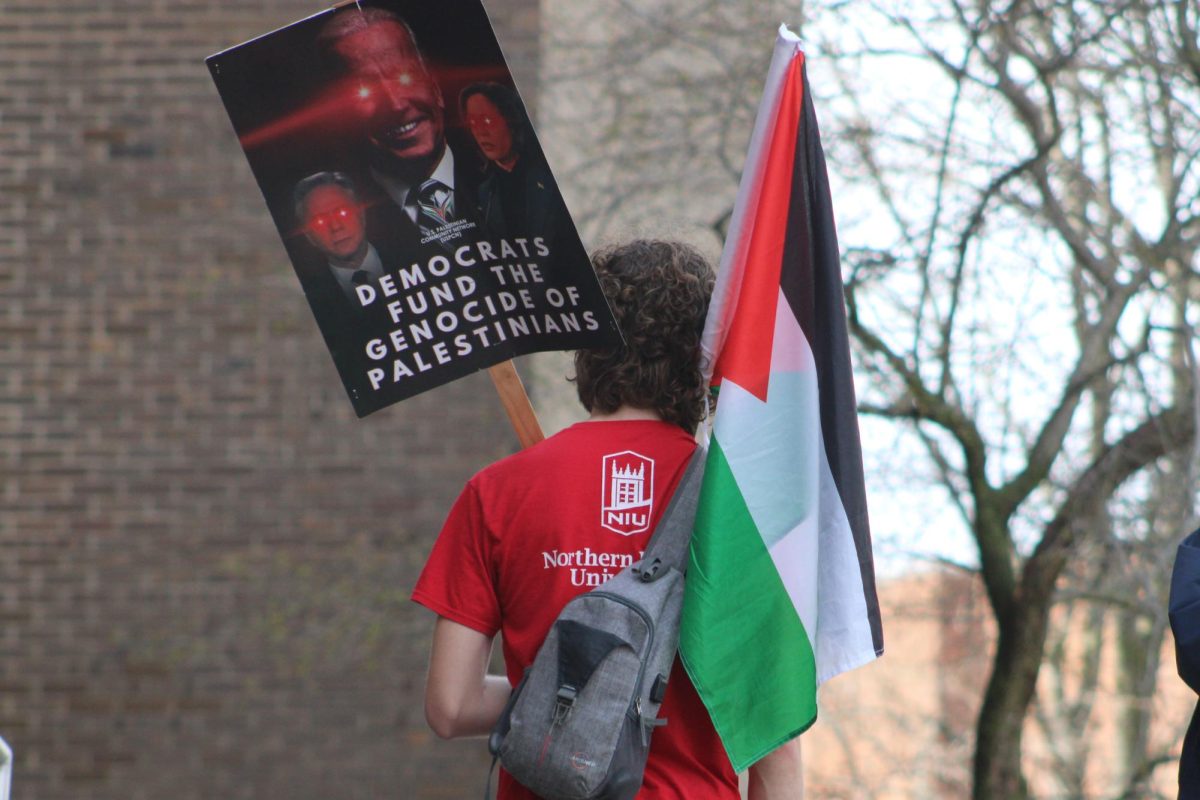Culture is an identity for all human beings, and each person reflects their culture. Every international student has their own culture, traditions, customs and languages. International students may miss that culture when they are away from home, but it’s important they continue to celebrate it.
To help manage the stressors of a navigating campus life in a new country, it’s important international students maintain a connection to their culture.
One way to preserve a connection may be through continuing celebrations from your home country even if the United States doesn’t officially celebrate them.
Many cultures have specific festivals or different ways of celebrating the same festivals.
Ivan Small, a professor of anthropology and director of the Center for Southeast Asian Studies, has a multicultural family. His father is an American, his mother is from Vietnam and his wife is from Korea. Although they come from different backgrounds, Small’s family still shares in cultural celebrations.
“There is a shared festival called the Mid-Autumn Festival,” Small said. “It is celebrated in Korea and Vietnam. In Korea, they prepare colorful rice cakes, and in Vietnam, they make colorful lanterns. So, on that day we celebrate by preparing rice cakes and lanterns. My daughter really likes them and participates in making them.”
Often, when living in a foreign country, people don’t have a family or community with whom they can celebrate.
Aye Myat Mon, a graduate student from Burma studying instructional technology, is of mixed heritage. On campus, she celebrates a variety of cultures alongside Burmese traditions.
“Any person in NIU can come to the Center for Southeast Asian Studies to chat and can participate in the program we organize,” Mon said. “Last time we organize the Light Festival and we have participants from Middle East: Pakistan, Indonesia and Thailand. They brought their cuisine. We tried food from different countries, we celebrated together and watched a Burmese movie.”
Multicultural celebrations like those organized by the Center for Southeast Asian Studies are an effective option for international students to maintain a connection to their home and culture.
Every country has its own laws and regulations, so international students may hesitate to celebrate their cultural traditions.
May Hnin Yee Swe Oo, a graduate student in curriculum and instruction and believer in both Buddhism and Christianity, struggles to celebrate out of fear that their practices won’t be accepted.
“I am from Burma. We celebrate the Water Festival and Light Festival,” Oo said. “I want to light a real candle all around the house for the light festival. But I don’t know the law over here, and I’m afraid if my neighbor complains about the candle.”
In these situations, students should contact their landlord to clarify what is and is not permitted.
Culture is illuminated by sharing happiness and harmony and through caring for and respecting other people. To connect or learn about a new culture, it is often helpful to know a culture’s most common language.
For international students, one way to maintain a connection to their culture may be by continuing to speak their home language, even if it is not common in America.
Small says he respects every culture and language and is eager to celebrate every festival introduced to him.
In his own life, culture is an important connection to his roots and origin. Small’s daughter currently attends a Korean language school in Naperville.
“Language tries to connect my daughter to her cultural heritage,” Small said. “She is bilingual — she speaks Korean with her mother and speaks in English with me. We did a sabbatical wave in Vietnam. During that time, I put my daughter in a Vietnamese-English school, so, she can communicate with her Vietnamese great-grandma.”
Every festival has its reason to celebrate or meaning behind it.
For instance, Dashain is one of the biggest festivals in Nepal and celebrates the victory of truth over falsehood.
In Burma, the Water and Light Festivals symbolize rebirth.
“We celebrate the Water Festival during our New Year which is in April,” Mon said. “At this festival, we cleanse our body with water to emphasize we should embrace a new future with new hope, learn from our mistakes and free our body from past regrets.”
However, time can be an issue for those living in a country that doesn’t celebrate non-American festivals to the same extent.
“Most of the time, my cultural holidays fall in the middle of the weekdays, so I don’t have time to celebrate,” said Injung Lee, a professor in the Department of Counseling and Higher Education. “I need to celebrate on weekends. Generally, I prepared Korean cuisine to celebrate.”
Thankfully, there are inclusive and supportive communities at NIU that international students can seek out. During the week of Thanksgiving, NIU’s International Student and Scholar Services organizes Thanksgiving dinner for all employees and students.
Small, Lee, Oo and Mon all share their culture with local people by bringing their cuisine to events with colleagues or friends.
They all agree to respect each other’s culture. They are open to all new cultures. They all want to continue their culture, and they are always willing to evolve and adapt. Hopefully non-international students and faculty can do the same.
“We Koreans are the minority, so I would appreciate it if NIU, my Department or colleagues asked about my culture and wished me (well) for my festivals,” Lee said.
Culture is like a fingerprint. Over time, the outer layers may peel away, but the core print remains forever. Even when we’re far from home, we should continue to embrace our culture. While we can adapt and update it, we should never forget it.




















